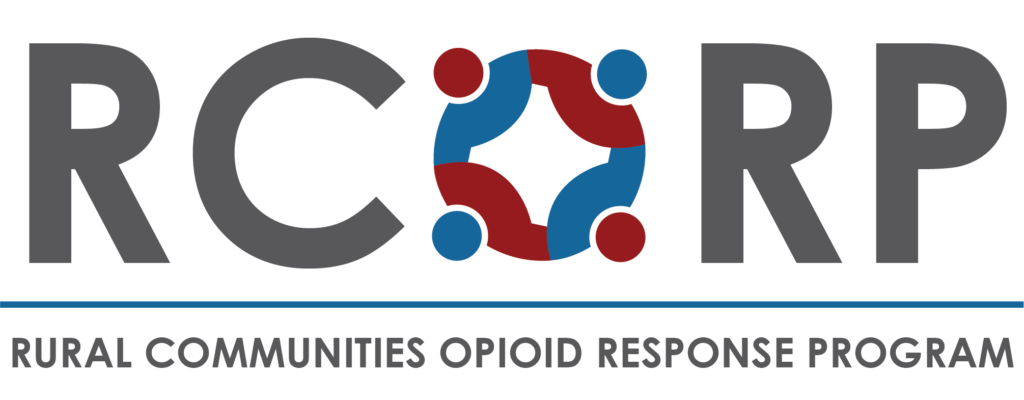Illustrates the invisible power relations created by trauma and the legal system for women with SUD and how it shapes identity and inequality.
Stephanne Cline Thornton, MDiv, MSW, LICSW, MAC, CCTP, CSOTP – presents the tool of intersectionality as it pertains to women, SUD, trauma, and the criminal legal system in the United States. Intersectionality helps illustrate invisible power relations and how they shape both identity and inequality by looking at systems of oppression and how they may impact an individual’s life. 1. Discuss the rise in women’s incarceration rates in American correctional systems 2. Explore the underlying conditions women in the criminal-legal system possess 3. Identify prevalence rates of trauma in women 4. Identify prevalence rates of substance use and co-occurring trauma in women 5. Discuss ways in which women in the criminal-legal system face re-traumatization 6. Discuss ways to promote safety and support for criminal-legal involved women with SUD and trauma histories in treatment and in rural recovery housing environments

